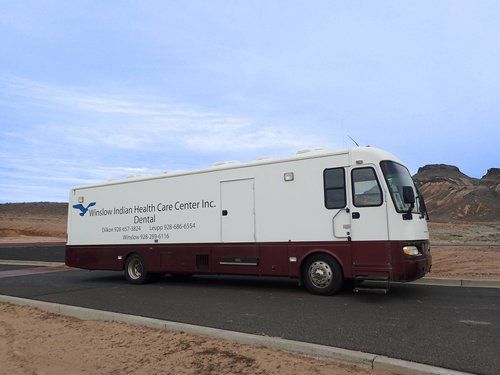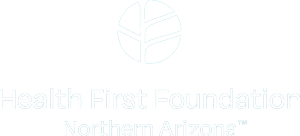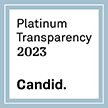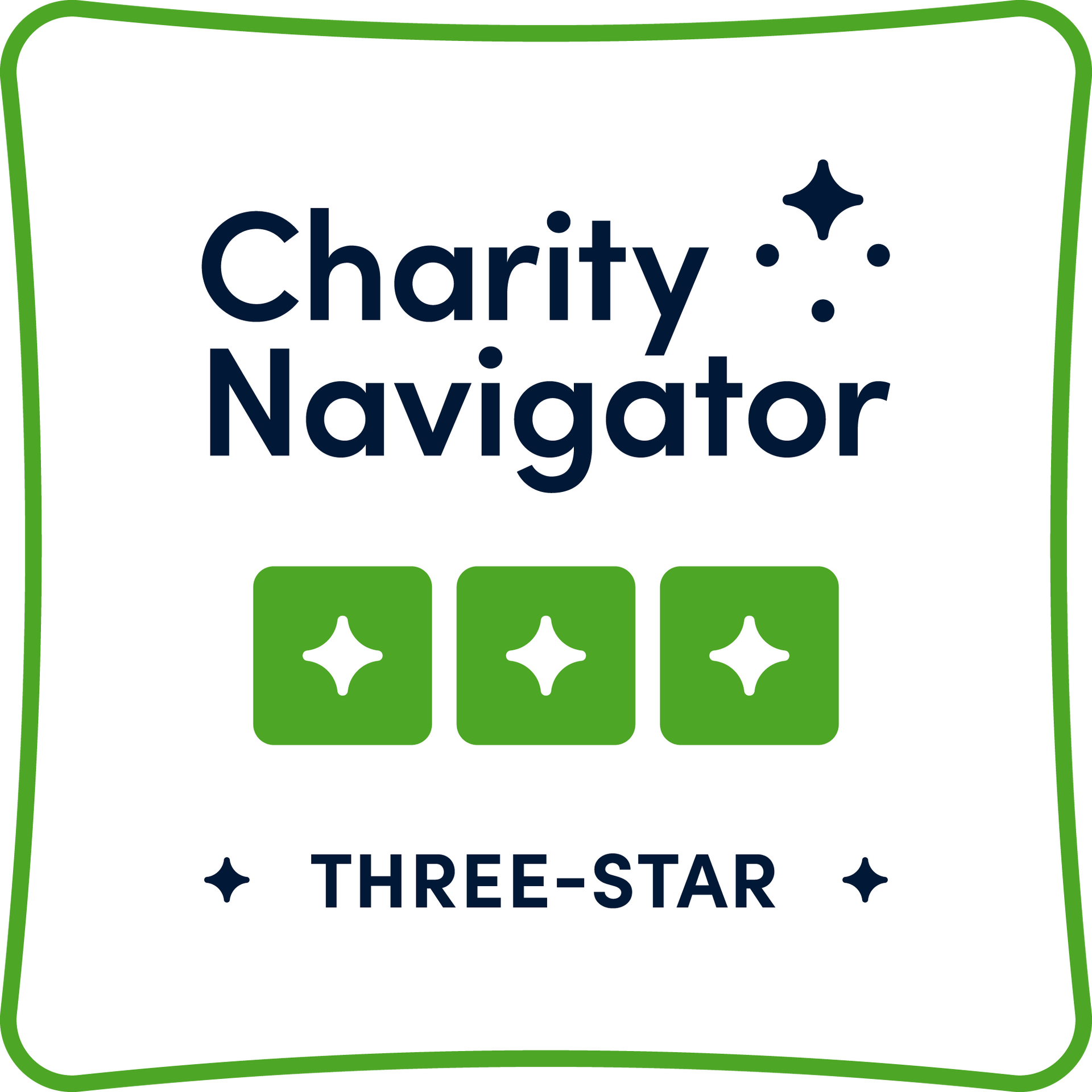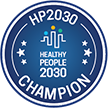Setting the Foundations for Oral Health: An Essential Part of Care in Early Childhood
According to the Centers for Disease Control and Prevention (CDC), tooth decay is the most common chronic illness affecting more than 40% of children before the time they reach kindergarten. Like other bacterial infections, cavities and tooth decay can worsen if left untreated, leading youngsters on a path filled with pain, challenges with eating, and other severe diagnoses throughout life.
When exposed to regular dental checkups at an early age, the chance of maintaining a healthier mouth into adulthood increases. Oral health is integral to general health and, the good news is tooth decay is largely preventable.
But, how can you work on prevention if you’re a child that lives in a rural area where access to a care provider is sometimes 2-3 hours away—when many of your family members are unemployed, living under the poverty line and struggling to meet basic needs?
In 2007, Dr. Thomas Barnes, Chief Dental Officer at Winslow Indian Health Care Center (WIHCC) and his dental team grappled with this same question. The children of the Winslow, Arizona Service Area live with a high cavity and overall disparity rate, but those aren’t the only challenges. The clinic’s service area encompasses roughly 2,414 square miles of rural and border town communities within Navajo and Coconino Counties.
This year the program is focused on communities located in Navajo County which, according to the AZ county health rankings, is characterized by the following rankings: 15th in quality of life out of 15 Arizona counties; 14th in health outcomes, health factors, and health behaviors; and 12th in social and economic factors.
With an eye towards solutions that could push back against seemingly impossible odds, the WIHCC dental team established the Mobile Dental Van (MDV) Program with one clear objective in mind: bring services to patients in need.
Driven by this goal, the MDV team travels throughout the week to schools and youth programs in some of the most remote areas of the Navajo Nation. For the past eleven years, the diligent team has been successful in increasing access to quality and cost-free dental care, improving healthy habits, and decreasing oral health inequity for Native American children in grades K-12.
The Northern Arizona Healthcare Foundation is committed to investing in early childhood health, especially given the great need in our region. We have awarded grant funding which will enable the Mobile Dental Van to continue expanding its reach to more than 600 children in the coming year.
If you are interested in supporting these efforts or other similar efforts creating access to healthcare, please contact Matt Brasmer, Vice President of Development at Northern Arizona Healthcare Foundation by calling
928.213.6538 or emailing
matthew.brasmer@nahealth.com.
Stories
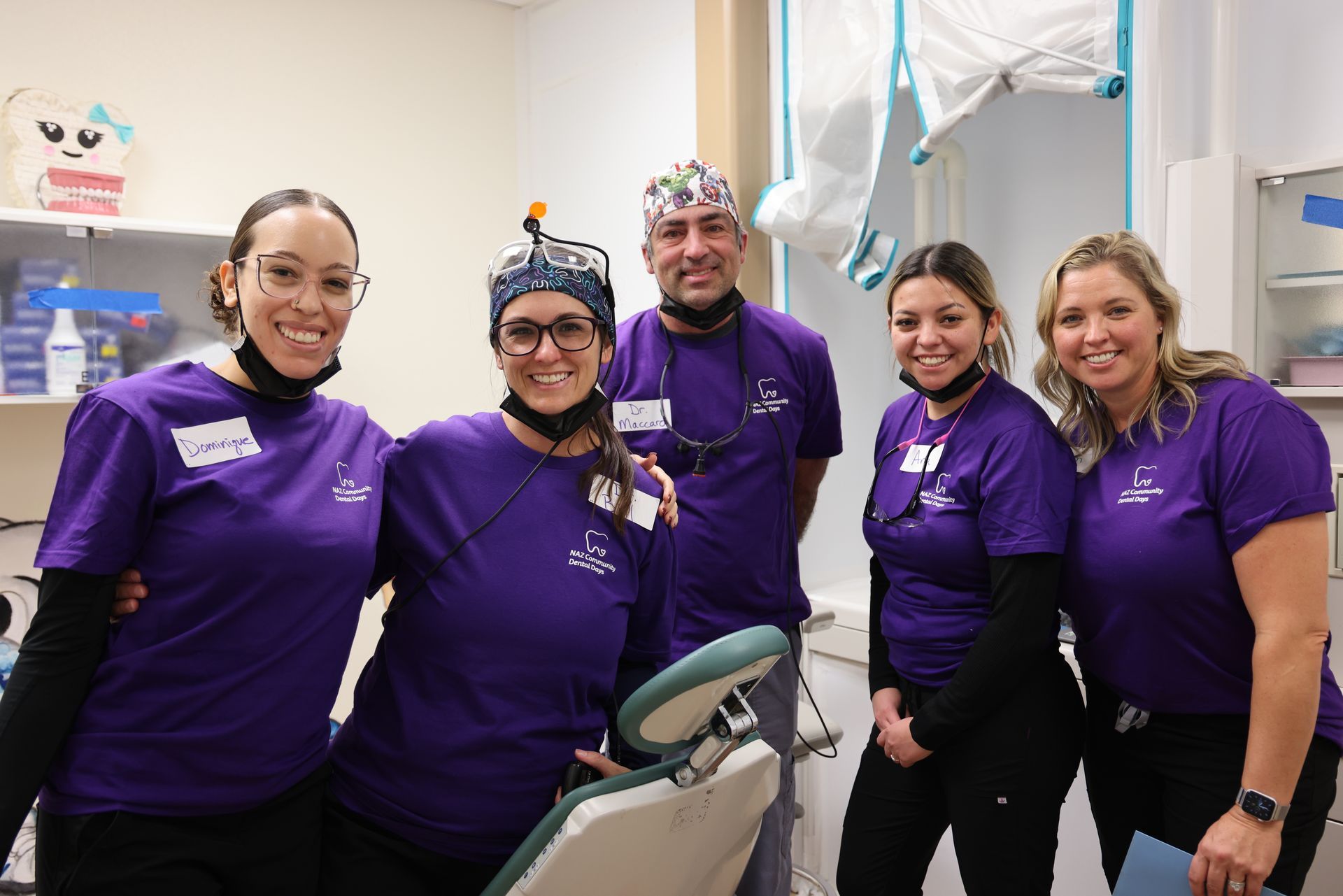



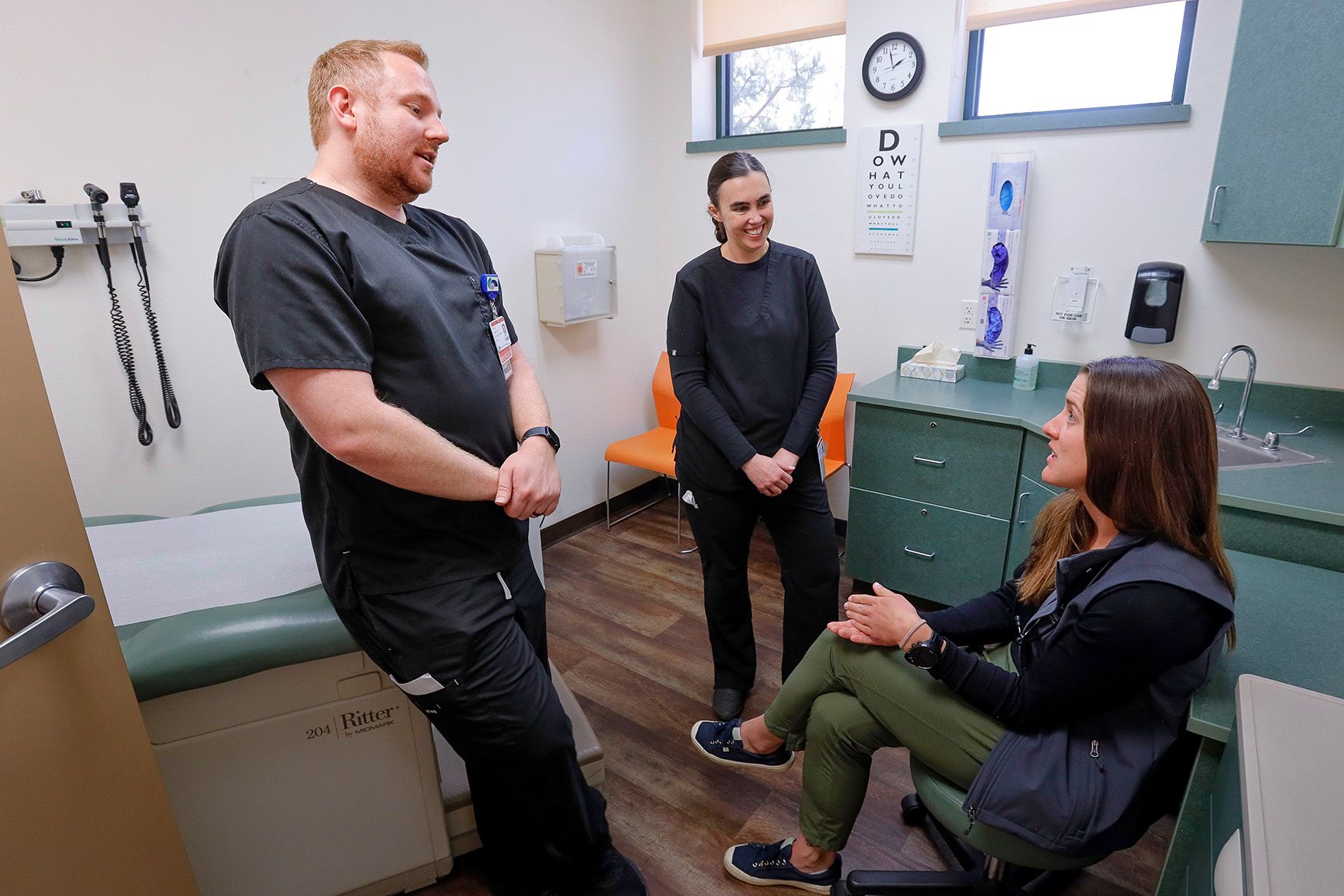
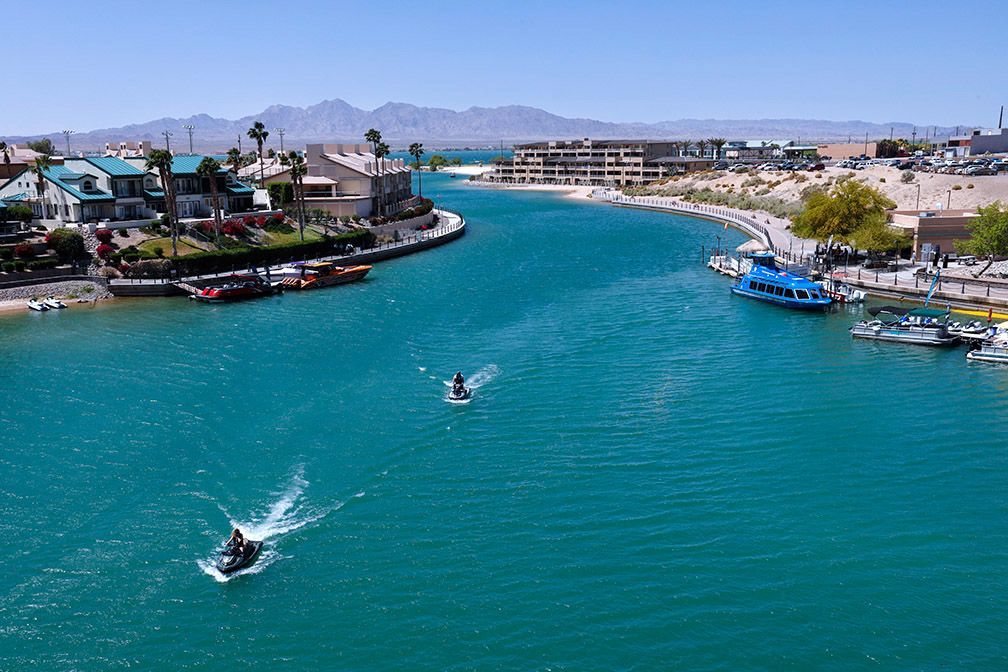
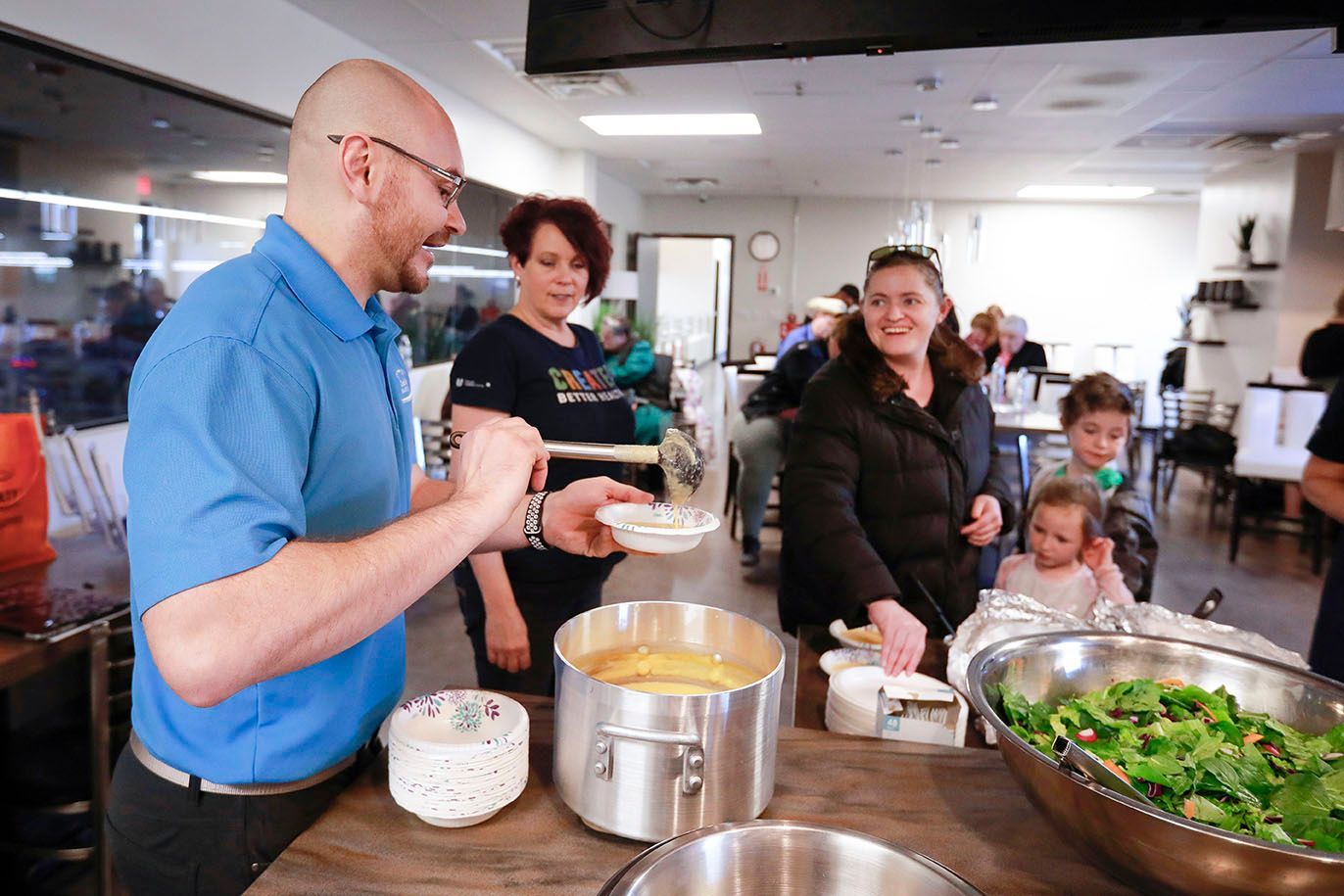
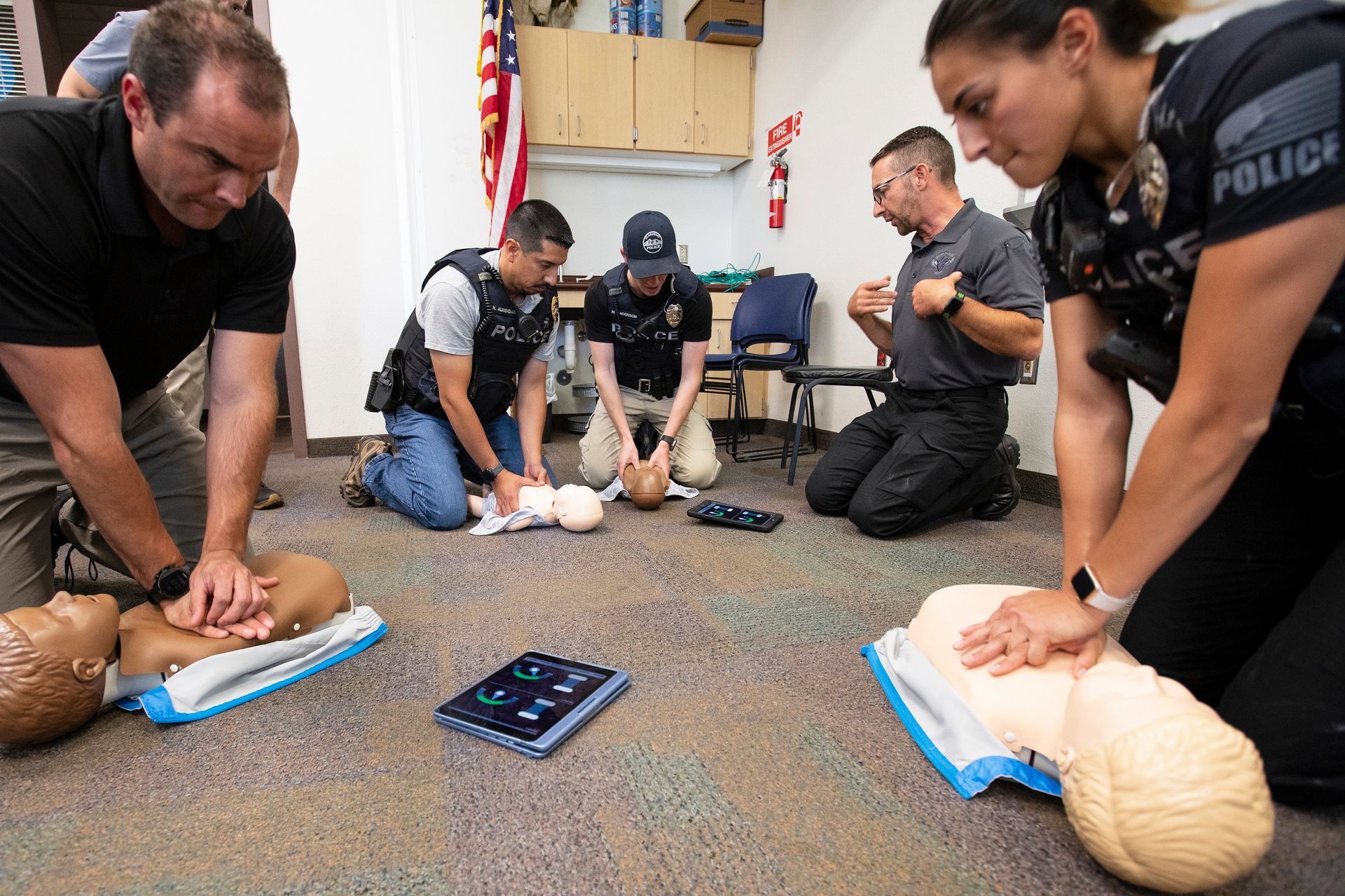
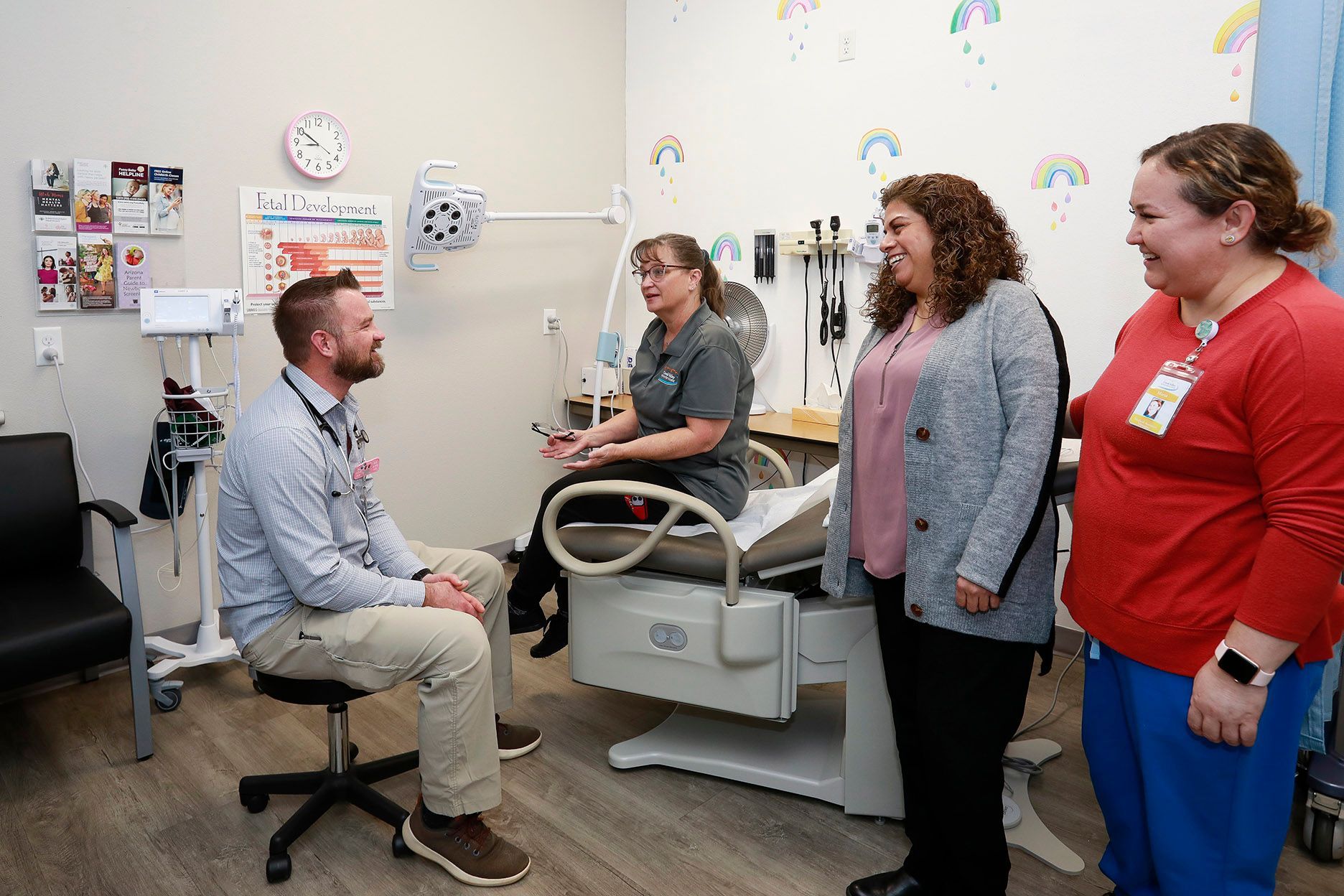
Mailing Address
PO Box 1832
Flagstaff AZ 86002

